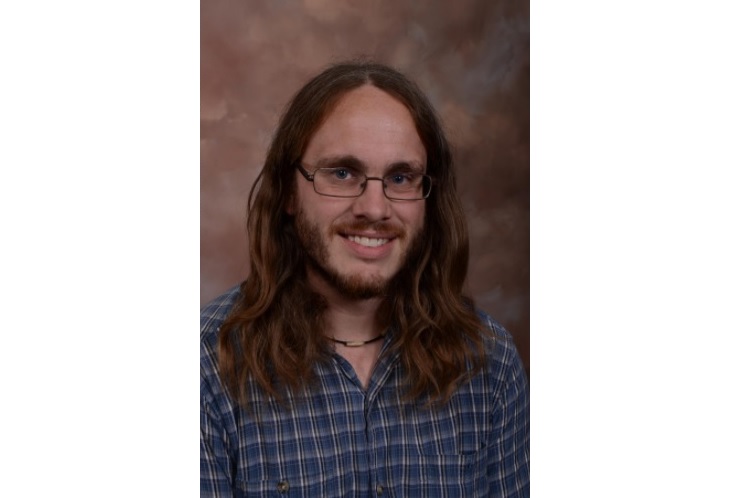
About Kyle Broderick: I grew up on a small farm near Seward, Neb. which helped foster an appreciation for agriculture from a young age. After graduating from UNL with a B.S. in plant protection sciences I started working in an extension soybean pathology lab. I was responsible for greenhouse and field studies and developing educational programming for farmers, industry representatives, teachers and students. While working in the lab I began pursuing my master’s degree in plant pathology, studying soybean cyst nematode. Since April 1, 2017 I have been coordinating the Plant and Pest Diagnostic Clinic.
What is your position at the University of Nebraska?
I am an assistant extension educator and coordinator of the Plant and Pest Diagnostic Clinic. The clinic receives urban and agronomic samples from across the state to answer questions regarding plant pathology, entomology, horticulture and weed science. Additionally, I am involved with developing urban extension programming including Master Gardener training and being a panel member on the NET program, Backyard Farmer. As coordinator of the P&PDC I am also the point person from UNL in the National Plant Diagnostic Network and Great Plains Diagnostic Network.
What drew you to the University of Nebraska?
One of the things that drew me to UNL (or kept me here…) is the strong support for Nebraska Extension across the state. Universities do an amazing amount of research, but without a strong, active extension program it can be difficult to convey new management practices to the rest of the state.
What aspect of working in an educational setting do you enjoy the most?
For me, the most enjoyable aspect of working in an educational setting is being able to see the direct impact of UNL’s research around the state. There are few things more satisfying than discussing disease management techniques with someone, and finding out next season that the grower utilized the information and was able to mitigate disease problems. Additionally, being surrounded by people who are determined to uncover nature’s secrets leads to great conversations and collaborative research that isn’t possible outside of an educational setting.
What do you consider your greatest achievement?
Understanding that plans are silly may be my greatest accomplishment. In my younger days I would make plans, but have since realized that being open to whatever opportunities come my way, and jumping at the good ones is a much better way to go through life.
What is something that most people don’t know about you?
I showed hogs competitively for 10 years.
What is your life like outside of work?
Outside of work I like to spend my time outside. Whether it is biking, kayaking, camping or working in my yard. Having a windowless office has only exacerbated my desire to get outside once I’m done in the clinic.